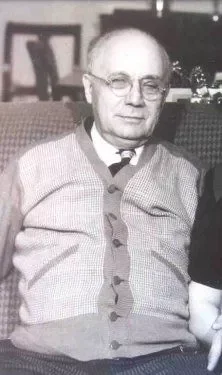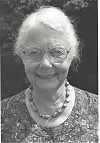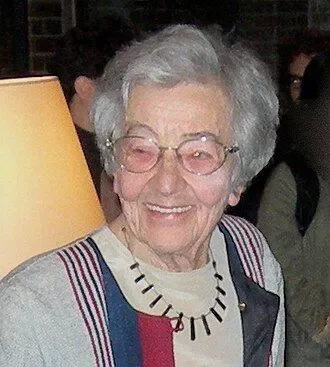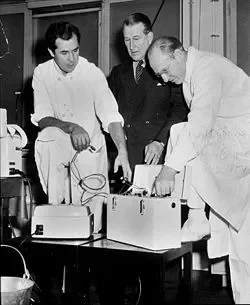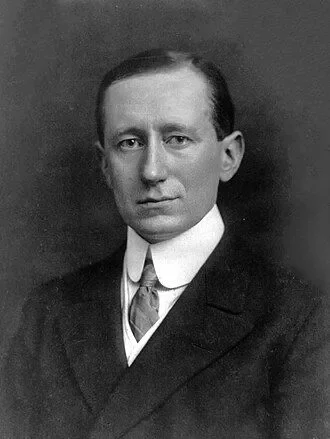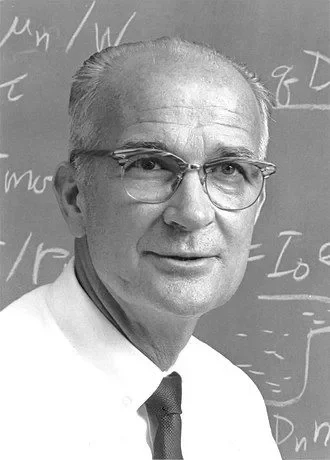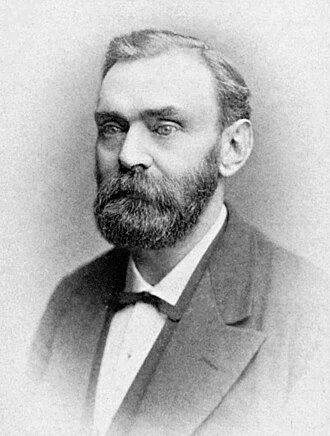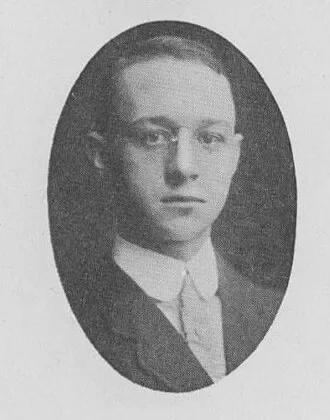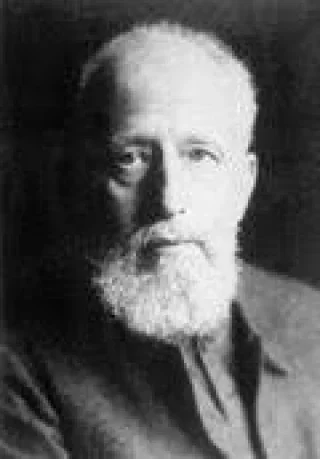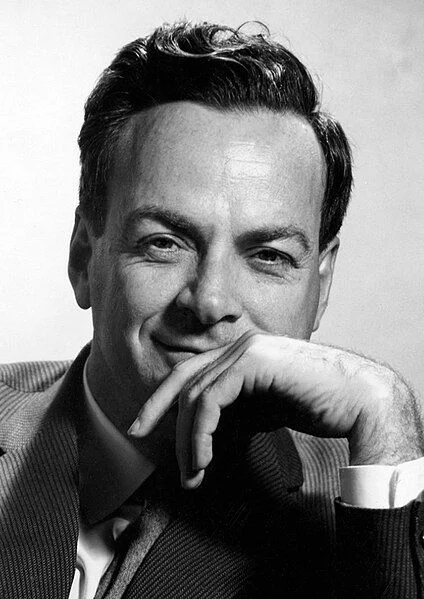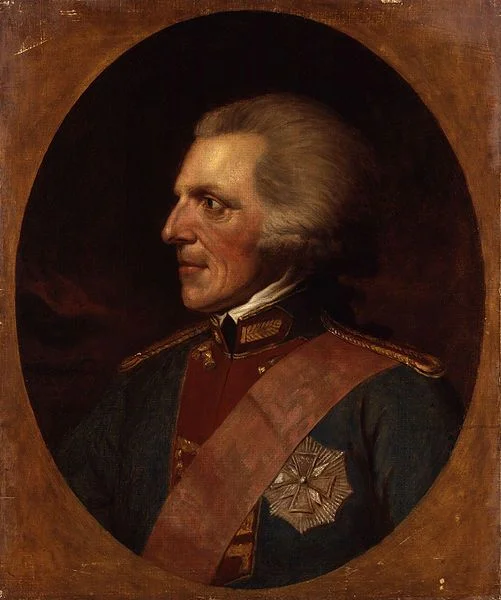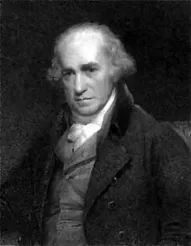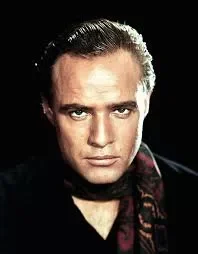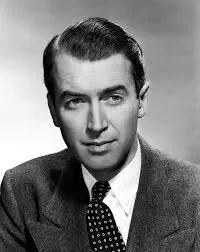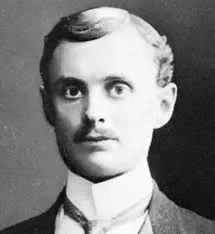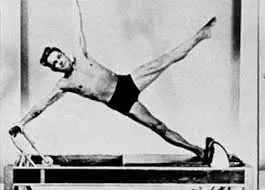Real Celebrities Never Die!
OR
Search For Past Celebrities Whose Birthday You Share
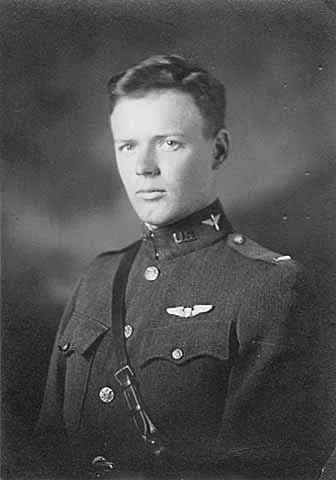
Charles Lindbergh
Birthday:
04 Feb, 1902
Date of Death:
26 Aug, 1974
Cause of death:
Lymphoma
Nationality:
American
Famous As:
Activist
Age at the time of death:
72
Charles Lindbergh's Quote's
Early Life and Passion for Aviation
Charles Lindbergh, born on February 4, 1902, in Detroit, Michigan, was an aviator, inventor, and explorer who became a legendary figure in aviation history. Lindbergh’s fascination with aviation began in his childhood. In 1922, he enrolled in a flying school in Nebraska to pursue his passion for flying. He soon acquired his pilot’s license and worked as a barnstormer, performing daredevil stunts at air shows.
Historic Transatlantic Flight
In 1927, at the age of 25, Lindbergh made history with his most famous accomplishment—the first solo nonstop flight across the Atlantic Ocean. The flight, which took place from May 20 to 21, covered a distance of approximately 3,600 miles from New York to Paris. Lindbergh flew his custom-built monoplane, the Spirit of St. Louis, and completed the journey in a little over 33 hours, earning him instant worldwide fame and the nickname “Lucky Lindy.”
Global Recognition and Advocacy
After his transatlantic triumph, Lindbergh toured the globe as an aviation ambassador, inspiring new pilots. He was honored with numerous awards and accolades, including the United States’ highest military decoration, the Medal of Honor.
Personal Tragedy: The Kidnapping of Charles Jr.
In 1929, Lindbergh’s life took a tragic turn when his 20-month-old son, Charles Jr., was kidnapped and murdered. The case received widespread media attention and resulted in a high-profile trial. Although the perpetrator was eventually apprehended and convicted, the incident profoundly affected Lindbergh and his family, prompting them to relocate to Europe for several years.
Advancements in Aviation Technology
During the 1930s, Charles Lindbergh focused on advancing aviation technology. He worked with aircraft manufacturers, particularly the United Aircraft Corporation, to design and improve aircraft performance, including the development of long-range airplanes and engines. His expertise and contributions were instrumental in shaping the future of commercial aviation.
Controversial Political Views
As World War II loomed, Charles Lindbergh became increasingly involved in politics and controversially advocated for non-interventionist policies. He believed that the United States should avoid involvement in European conflicts. Lindbergh’s views on isolationism and alleged anti-Semitism drew criticism from some quarters but gained support from others.
Role in World War II
Following the attack on Pearl Harbor in 1941, Lindbergh joined the war effort as a civilian consultant. He used his technical expertise to help develop advanced aircraft, including the P-38 Lightning fighter plane. However, due to his controversial political views, Lindbergh faced public scrutiny and was marginalized within the military establishment.
Exploration and Environmental Advocacy
In the post-war period, Lindbergh shifted his focus back to exploration. In 1954, he and his wife, Anne Morrow Lindbergh, embarked on a series of expeditions to remote regions, including the Arctic and the Pacific. They documented their journeys and contributed to scientific research, particularly in the field of oceanography. Lindbergh’s interest in environmental conservation also emerged during this period. He recognized the importance of preserving the Earth’s natural resources and became an advocate for wildlife protection and ecological awareness.
Later Years and Legacy
In his later years, Charles Lindbergh retreated from the public eye and devoted himself to writing and reflection. He authored several books, including his Pulitzer Prize-winning autobiography, “The Spirit of St. Louis.” Lindbergh passed away on August 26, 1974, at his home in Hawaii. Lindbergh’s life exemplifies the spirit of adventure and perseverance. From his historic transatlantic flight to his contributions to aviation technology and his explorations of the natural world, Lindbergh’s legacy continues to inspire generations of aviators and adventurers. His remarkable journey stands as a testament to the power of human determination and the pursuit of dreams.
Name:
Charles Lindbergh
Popular Name:
Charles Lindbergh
Gender:
Male
Cause of Death:
Lymphoma
Spouse:
Place of Birth:
Detroit, Michigan, U.S.
Place of Death:
Kipahulu, Hawaii, U.S.
Occupation / Profession:
Personality Type
Virtuoso: Bold and practical experimenters, masters of all kinds of tools. His practical and adventurous nature made him known in various fields.
Charles Lindbergh completed the first solo nonstop transatlantic flight in history, flying from New York to Paris in 33.5 hours in May 1927.
Despite his aviation achievements, Lindbergh became controversial for his isolationist views and apparent Nazi sympathies before World War II.
He invented an early artificial heart in collaboration with French surgeon Alexis Carrel in the 1930s.
Lindbergh's infant son was kidnapped and murdered in 1932, leading to what was called "The Crime of the Century" and resulting in the Lindbergh Law making kidnapping a federal offense.
Congressional Gold Medal
Distinguished Flying Cross
First solo transatlantic flight
Légion d’honneur
Medal of Honor
Pioneer of international commercial aviation and air mail
Pulitzer Prize for Biography

